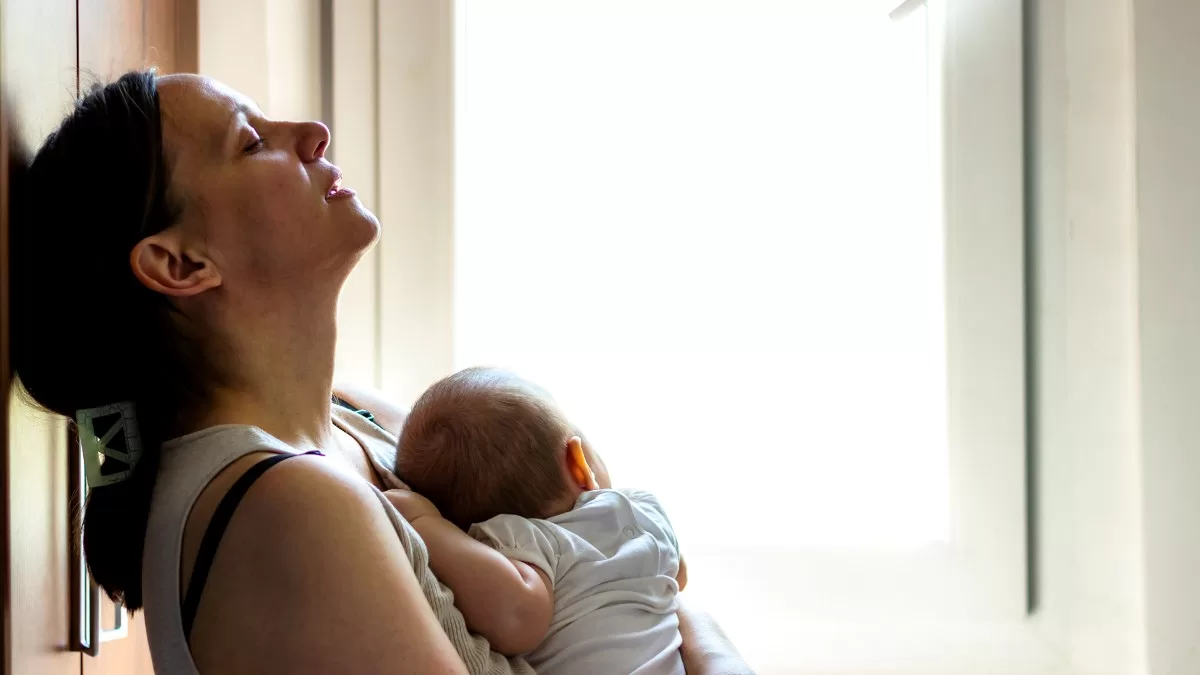When Annie was reunited with her family for the first time a few months after contracting the covid-19 virus, it was clear that the disease had not yet been cured. “My father’s voice came from a stranger’s face,” she told investigators who were looking into her case.
Annie (a pseudonym to protect her privacy) had normal facial recognition before being diagnosed with covid-19 in March 2020. A few days later she started to recover, only to relapse after several months. Now her case study suggests we can add the “face blindness” (prosopagnosia) to the list of brain problems caused by the disease.
The new study, recently published in Cortex and quoted by Science Alertlooked at more than 50 other patients struggling with long-term Covid-19, and most had a harder time identifying familiar faces since contracting the infection.
“Faces are like water in my head”explained Annie, describing how trying to remember a face is now like being asked to replicate a Chinese character after a visualization, when one is not familiar with the language.
The 28-year-old artist previously needed to look at her subject perhaps once every 15 to 30 minutes while working on a portrait. Now, she has to do it constantly.
Dartmouth College neuropsychologists Marie-Luise Kieseler and Brad Duchaine gave Annie a series of tests and confirmed that her recognition problem is due to specific facial memory problems and not wider problems.
But Annie has also had trouble navigating familiar surroundings, having to rely on Google maps to get around by car. Orientation difficulties are also common in other patients with prosopagnosia.
“A combination of prosopagnosia and orientation deficits that Annie has is something that caught our attention because the two deficits often go hand in hand after someone has suffered brain damage or developmental deficits,” explained Brad Duchaine.
“This co-occurrence is probably due to the two abilities that depend on neighboring brain regions in the temporal lobe,” he continued.
During the time she was infected, Annie lost her sense of smell and taste, struggled with breathing and had a high fever for a few days. Since she relapsed, the facial recognition and orientation issues have been accompanied by other symptoms of covid-19, including fatigue, trouble concentrating, and brain fog. He later also developed balance problems and migraines.
Due to insurance issues, Annie did not have an MRI. “A stroke cannot be excluded as a cause of her symptoms, especially given the evidence of increased stroke risk with covid-19,” the team cautioned in their case study.
Regardless of the specific mechanism behind the symptoms, this is yet another example of how Covid-19 can cause neurological problems.
“Our study highlights the types of perception problems with facial recognition and orientation that can be caused by COVID-19 – it’s something that people people should be awareespecially physicians and other healthcare professionals,” insisted Brad Duchaine.
In most people with long-term Covid-19, respondents reported noticeable neurological difficulties when performing tasks that previously seemed easy to them.
“It is known that there are broad cognitive problems that can be caused by Covid-19, but here we are seeing serious and highly selective problems in Annie,” said Brad Duchaine, “and this suggests that there may be many other people who have it. very severe and selective deficits after covid-19″.

